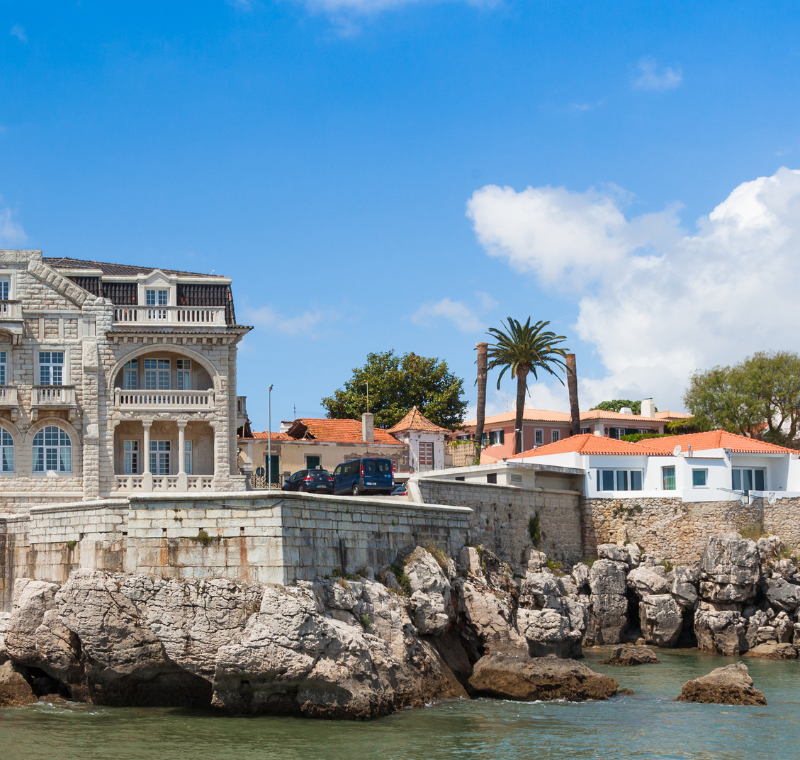Cannes Lions Festivals CEO on key lessons from the 2015 event, and more
Phil Thomas is the CEO of Cannes Lions Festivals and is recently back from another successful Cannes Lions in France, which drew more than 15,000 people from the creative industries around the world.
Phil will be at the FIPP World Congress as a headline speaker on the role of creativity in driving business forward. The Congress takes place from 13-15 October 2015 in Toronto, Canada.
Here he shares some thoughts via email with FIPP’s Cobus Heyl on lessons from the 2015 Cannes Lions, the future of content, multi-platform media and whether there is still creativity in print.

Please tell our audience about yourself?
I’ve been the CEO of Lions Festivals, the global network of festivals of creativity, joined by their shared mission to campaign for creativity since 2006.
Please tell us more about the Cannes Lions, its history and key focus areas?
Cannes Lions was launched back in 1954. Inspired by the International Film Festival, Cannes Lions was the brainchild of a group of worldwide cinema screen advertising contractors who felt that the makers of advertising films should receive similar recognition to their colleagues in the feature film industry.
Over 60 years later, Cannes Lions is a celebration of everything related to creative communications. Through awards, training programmes, networking and a carefully curated content programme – the Festival draws over 15,500 industry members every year, all connected by a shared belief in the power of creativity.
What inspired you most at Cannes this year?
The great thing about Cannes Lions is that inspiration is everywhere. It might not be the obvious life-changing piece of work you see or the aspirational speaker that inspires you most. It could be an unexpected conversation that you have walking down the Croisette or a chance encounter in the Palais. So for me, it’s really hard to choose, because for nine days I feel like I’m absorbing inspiration from every angle.
What were the biggest lessons, in particular with (a) “brands,” (b) “agencies” and (c) “publishers” in mind?
Some of the biggest lessons and themes coming from this year’s speakers included:
1. The importance of diversity, not just in the industry, but across gender, attitude, skills and backgrounds.
2. Taking time over your craft was another one – a renaissance of the idea that good work takes time to develop and build.
3. The need to retain senior expertise in the industry and combining this with the new generation, the young minds.
These are lessons that can be kept in mind across all industries, regardless of whether you are an agency, brand or publisher.
With lines continuing to blur between the above three “sectors,” what do you think the future holds for content producers (irrespective of medium/sector)?
Innovation is essential. Everything around content production is moving at such a fast pace. Nowadays the audience expects brands to tell a story and it largely falls with the content producer to build this profile and engagement. Whether it be through new technology, using data creatively or marketing for a higher social purpose – the opportunities are abundant.
What would your advice be for (multi-platform) magazine media publishers?
The same as before – Innovation.
You have spoken before about how creativity can move business forward. Please expand a little on that and what were good examples of this at the Cannes Lions this year?
Underpinning Cannes Lions is a belief that the more creative a brand is with their marketing, the better their business impact.
The Creative Marketer of the Year Award exists at Cannes Lions to recognise those brands that share this belief. This year we awarded this to Heineken, a brand that lives and breathes creativity throughout its organisation, and previously, the likes of Coca-Cola have taken it – whose share price reached an all-time high at the time of accepting it. We also have the Creative Effectiveness Lions, which prove time and again how valuable the link between creativity and business is. Volvo Trucks took home the 2015 Grand Prix, a campaign that truly demonstrates the power of creative bravery.
Do you still see creativity in print?
It’s an area that is facing challenges at the moment and indeed we saw a drop in entries into this category at Cannes Lions this year. But this doesn’t mean it is less creative. Our jury gave out 79 Press Lion trophies to a wealth of countries from Mexico to the Czech Republic – that’s evidence that there’s still creativity in this category.
You will be on stage at the FIPP World Congress in Toronto. What can people expect from your session?
I’ll be presenting Creativity Matters – highlighting the value of creativity in business.
Apart from speaking at the Congress, what are you looking forward to most from the event?
Canada more than doubled its Lion haul at Cannes Lions this year and they took home an elusive Titanium Lion. That’s pretty impressive stuff. FIPP’s a global event, but I’m looking forward to being in amongst the Canadian community for who it is clearly an exciting time.
Join Phil and more than 60 other international speakers from around the world to get these and other insights at the FIPP World Congress in Toronto, from 13-15 October 2015.
• Register here to join 700-800 international delegates at the Congress
• See the provisional programme here
If you have questions regarding the FIPP World Congress, contact Claire Jones and/or Natalie Butcher.
Don’t forget to subscribe to our newsletters for regular updates on the Congress and more from the media world.
More like this
Cannes Lions CEO on the amplification of creativity
Unilever and Cannes Lions partner on global marketing tech start-up search









